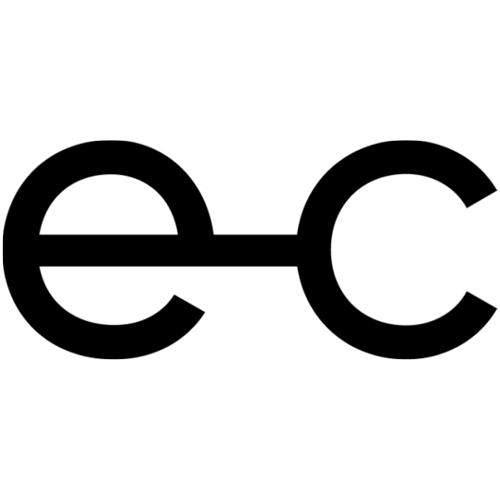Glaucoma
What is Glaucoma?
Glaucoma by definition is optic nerve damage, causing loss of vision which mostly affects the peripheral vision. When peripheral vision is affected, a person can see most of what they’re staring at but lose parts of the vision outside the central concentrated spot. Glaucoma can go unnoticed for a while. Optic nerve damage can take a long time to really reach and effect your vision to the point you notice something is wrong.
When Glaucoma progresses, even the central vision can be lost. A serious case of glaucoma can cause blindness when left untreated. If you think you have glaucoma or seem to be experiencing the symptoms of glaucoma, it is important to seek the assistance of an eyecare professional. Regular eye tests with an optometrist will ensure your eyes are in good health.
What causes glaucoma?
One of the main glaucoma causes is elevated pressure of fluid within the eyeball. This is otherwise known as intraocular hypertension. To understand the reasons behind increased pressure within the eye, one has to first understand the construction of the human eye.
Imagine the eye, a large white ball surrounded by a blanket of nerves and at the front, a hole which we call the pupil. The centre of this hole is black as it is dark inside the centre of the eye unless a light is flashed in to it. The pupil is surrounded by a ring of colour called the iris, which can constrict and dilate around the pupil making the hole smaller or larger depending on the right amount of light required for the retina. A lens, much like a magnifying glass is compressed against the hole (pupil) to help focus the light and a smaller, clear dome shaped lens covers the front to help protect the pupil / hole.
The inside chamber is filled with a protective fluid known as aqueous humor, which flows and renews constantly. The old fluid moves through the chamber behind the pupil, in to the front dome chamber, where it naturally drains away from the surface of the eye.
Glaucoma can sometimes happen when the optic nerve is damaged by fluid pressures inside the eye becoming too high and tight. Sometimes the fluid removing canals become plugged up or the flow in to the front chamber has become blocked. There are many causes for these blockages.
Is it possible to get a glaucoma test?
Yes, individuals who are at high risk of developing glaucoma can be tested regularly to help maintain the quality of their vision.
There are many different tests that can be performed to monitor for glaucoma. One glaucoma test is called OCT (Optical Coherence Tomography). An OCT scan takes 50,000 laser ultrasound images through the layers of the eye to enable us to see the retina, optic nerve, macula and cornea in 3D.
The OCT can be used for both earlier detection and better management of glaucoma, macula degeneration, diabetic retinopathy, keratoconus, and other eye diseases.
Regular visual field test can also help determine whether your vision has been affected by glaucoma. It produces a map of your complete field of vision. During this test, you will be asked to look straight ahead and then indicate when a moving light passes your peripheral (or side) vision. This helps draw a "map" of your vision.
Your optometrist may want you to repeat the test to see if the results are the same the next time you take it. After glaucoma has been diagnosed, visual field tests are usually done one to two times a year to check for any changes in your vision.
Is there a glaucoma cure? What is the best glaucoma treatment?
Glaucoma can be managed if it is detected early on. For serious cases, unfortunately there is no immediate cure as yet, but there are glaucoma treatments that will help prevent loss of vision or any further loss of vision. Glaucoma treatment can come in many forms depending on the seriousness of the glaucoma symptoms.
Depending on what your optometrist & eye specialists recommend is best for your case, generally, the glaucoma treatment will come in the form of eye drops, pills or surgery, perhaps even a combination of these methods.
If surgery is required, this is usually performed with a laser which will help fix the drainage problems in your eye and relieve the pressure build up. This surgery is usually done whilst conscious. Eye drops will numb the eye making it a painless procedure, carried out fairly quickly.
If you are experiencing symptoms of glaucoma, please make an appointment with your local Eye Concepts optometrist immediately.

